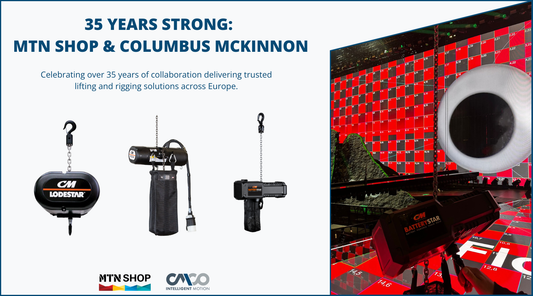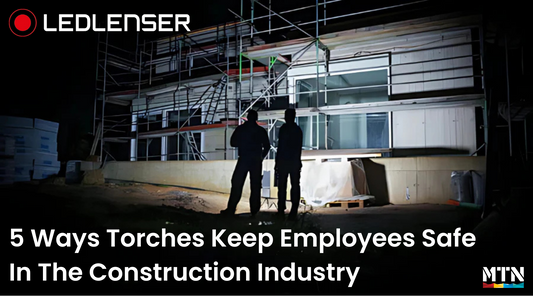IRATA or SPRAT? Which certification is right for me based in Europe?
Article
Having specialized certifications not only boosts your employment prospects, but it also ensures that you’re up-to-date on the latest safety standards.
As the field of industrial rope access became more popular, the need for standardized training arose. As it became clearer that rope access professionals needed to adapt to potentially dangerous situations safely, the need for safety certifications arose.
Since 2010, a number of associations have promoted certification programs, including ANETVA (Spain), FISAT (Germany), SFETH (France) and SOFT (Norway). In 2010, several rope access associations came together and founded the European Committee for Rope Access (ECRA). This program promotes the harmonized certification of rope access professionals in Europe.
Access to International Rope Access Industry
Representing more than 15,000 rope access technicians around the world, the main goal of ECRA is to establish competency-based learning and international standards to promote a better understanding of best practices in the field. IRATA certification is the standard certification route into the rope access industry.
If you are based in Europe and plan on traveling and working abroad, IRATA could be the certification for you. IRATA is internationally recognized, giving you a competitive advantage seeking employment with numerous companies worldwide. SPRAT certification is provided through the Society of Professional Rope Access Technician, they were formed in the 90’s to specially work with North American rope access technicians. Although they have thousands of technicians who represent dozens of companies, SPRAT is recognized mainly in North America. For further details of SPRAT certification check out our informative blog IRATA & SPRAT: what’s the difference?
Globally Recognized
The Industrial Rope Access Trade Association (IRATA) certification is designed for rope access technicians and is recognized as the world’s leading authority in the field. Learn more about this certification and how it will benefit your career:
What is the Industrial Rope Access Trade Association (IRATA) Certification?
This certification is available through the Industrial Rope Access Trade Association (IRATA). Formed in the UK in the late 80s’ with the goal of solving maintenance problems within the offshore oil and gas industry, the organization now comprises of over 200 member companies, with over 40,000 technicians registered across 50 countries.
For any level of certification, it’s required that you’re 18 years old, but no prior experience is needed to start the program. All levels are valid for three years after you complete training and require that you pass a written test and assessment by an independent IRATA Assessor for the level you are working towards.
What are the different IRATA certification levels?
- IRATA Level I: Require you to complete a minimum of a 4-day rope access training course with an IRATA Training Member Company. This training must be supervised by someone with an IRATA Level III certification.
- Level II IRATA certification: Requires 1,000 hours and 12 months of experience as an IRATA Level I technician before completing another, at a minimum, four-day rope access training course led by an IRATA LEVEL III instructor with an IRATA Training Member Company.
-
IRATA Level III certification: Requires 1,000 hours and 12 months of experience as an IRATA Level II technician, another, at a minimum, four-day rope access training course with an IRATA Training Member Company led by an IRATA Level III instructor.
If you don’t complete the requirements for a particular level of training, you can come back after 60 days for another assessment. If you are unable to pass it this time, you must take the full course again.
It is important to note that if you have a certification but haven’t worked in 6 months, you must take a refresher training course through an IRATA International Level III rope access technician.
This flow chart provides a great visual representation of the qualification process for IRATA certification, and a step-by-step guide to becoming an IRATA technician is available here.
Shop all your professional and recreational rope access and climbing needs here at shopmtn.eu.



